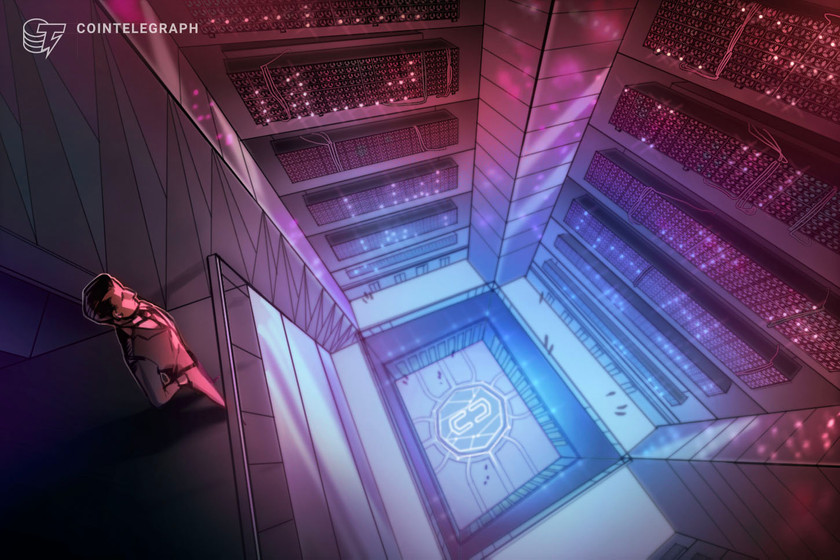Iris Energy to double hash rate in 2024 with $22M Bitmain T21 mining rig order


Iris Energy will receive mining hardware orders from Bitmain in the first six months of 2024, taking its operational mining capacity above 10 EH/s.
Renewable Bitcoin (BTC) mining firm Iris Energy is set to increase its total hash rate to 10 exahashes per second (EH/s) in 2024 by acquiring new Bitmain T21 mining rigs.
The company announced it had acquired an additional 1.6 EH/s of Bitmain T21 miners, set for delivery in the second quarter of 2024. The company currently has 5.6 EH/s of operational capacity as of December 2023.
The newest generation of Chinese manufacturer Bitmain’s mining hardware will also improve the efficiency of Iris’ operations from 29.5 joules per terahash (J/TH) to 24.8 J/TH. Iris invested $22.3 million in the latest order from Bitmain, pricing the hardware at $14 per terahash.












